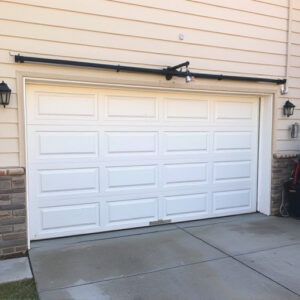Grinding garage door noises stem from misaligned tracks, worn springs, or loose components, requiring professional inspection and repair for lasting solutions. Regular maintenance, including lubrication and checks for damage, prevents these issues. Ignoring grinding noises can lead to safety risks and costly repairs, emphasizing the importance of proactive care for quiet, efficient door operation.
Tired of that annoying garage door squeak? Understanding “why is my garage door making grinding noises” can seem daunting, but identifying common causes like worn-out components or misaligned tracks is the first step to quieting that persistent sound. This guide breaks down grinding noise diagnosis and offers a comprehensive look at top-rated repair services for swift and reliable solutions. Learn maintenance tips to prevent future issues and reclaim your peaceful garage environment.
- Identifying Common Garage Door Noise Causes
- Diagnosing Grinding Sounds: A Step-by-Step Guide
- Top-Rated Repair Services for Your Peace of Mind
- Maintenance Tips to Prevent Future Noises
Identifying Common Garage Door Noise Causes
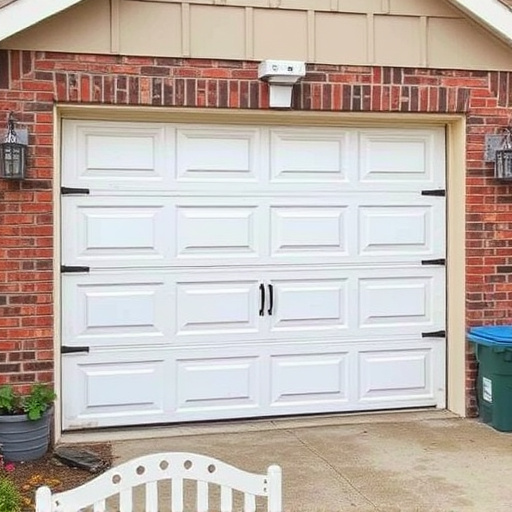
Garage doors are intricate mechanisms that can develop various noises over time, with one of the most common being a grinding sound. If your garage door is making this unsettling noise, several factors could be at play. One of the primary reasons for such sounds is misaligned tracks. The tracks guide the door’s movement, and when they’re off-kilter, it can cause the metal components to rub against each other, leading to a grinding or screeching noise, especially when the door opens or closes. This issue is prevalent in areas like Marana where weather changes might affect the track alignment over time.
Another potential cause for why your garage door is making a grinding noise could be worn-out or damaged springs. Over time, these critical components can lose their elasticity, resulting in metal-on-metal friction when the door operates. This problem is often associated with older doors and might require professional attention to fix a metal grinding sound in the garage. Lubrication can temporarily alleviate this issue, but it’s just a Band-Aid solution. For lasting relief from grinding noises, consider lubricating your door’s hardware or visit us at Garage Door Opener Installation Experts for a comprehensive inspection and repair, especially if you’re in Phoenix.
Diagnosing Grinding Sounds: A Step-by-Step Guide
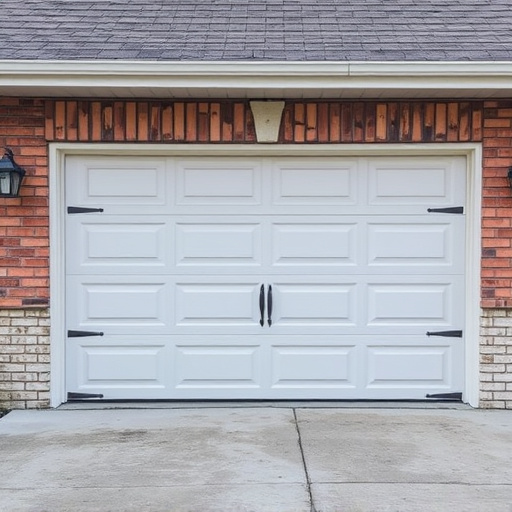
If your garage door is making grinding noises, it can be concerning and leave you wondering, why is my garage door making grinding noises? Identifying the source of the sound is crucial to effective troubleshooting. Here’s a step-by-step guide to help you diagnose the issue:
1. Locate the Source: Start by observing where the noise is originating from. Grinding sounds often indicate problems with the tracks, springs, or door itself. Check for any visible damage, loose components, or wear and tear in these areas.
2. Inspect the Tracks: One common cause of grinding noises is misaligned or damaged track wheels. Ensure the wheels are properly seated on the tracks and rotate smoothly. Sometimes, a simple readjustment can stop the squeaking entirely.
3. Examine Springs (fix a creaky garage door Sahuarita): Broken or stretched springs can lead to grinding sounds, particularly if they’re old and worn out. If you suspect a spring issue, stop garage door from squeaking Marana by turning off your garage door opener and contacting a professional for grinding door spring replacement Casas Adobes. They will replace the damaged spring, ensuring safety and preventing further complications.
4. Check for Loose Components: Sometimes, loose hardware or a misaligned door can cause grinding. Secure any loose screws or bolts holding the door in place and ensure the door is balanced before attempting to operate it again.
5. Consider Weather Impacts: If the noise started after a storm or when temperatures dropped, weather changes might be a factor. Expansion and contraction of metal components due to heat variations can cause misalignments, leading to grinding sounds. Regular maintenance, including lubricating hinges and tracks, can help mitigate these effects.
For expert advice and reliable service, visit us at The best garage door service serving Sahuarita. We’re equipped to handle various repairs, ensuring your garage door operates smoothly and silently once more.
Top-Rated Repair Services for Your Peace of Mind
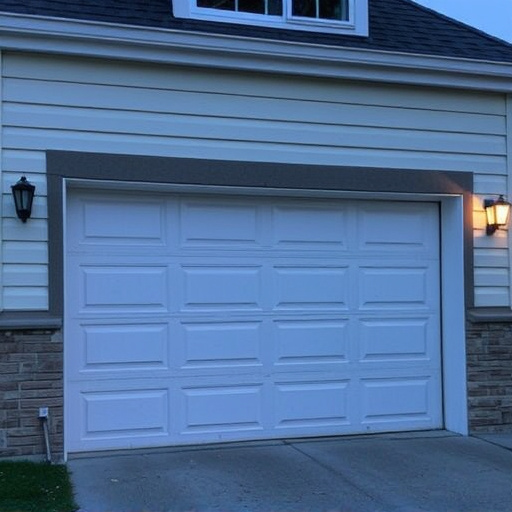
When your garage door starts making grinding noises, it can be a source of frustration and even concern. The constant squeaking or grating sound is often an indicator of wear and tear on essential components like springs, tracks, or rollers. If you’re wondering, “Why is my garage door making grinding noises?” it’s time to turn to top-rated repair services for peace of mind. Professional technicians are equipped with the knowledge and tools needed to diagnose and fix these issues promptly, ensuring your safety and security.
In Catalina, Marana, or anywhere in the Tucson area, finding a reputable garage door company is crucial. Look no further than Tucson’s best garage door company, known for providing reliable and efficient repairs, including addressing noisy garage doors. They offer thorough safety checks to identify potential hazards and make sure your door functions optimally while eliminating those grinding noises. Say goodbye to the hassle and uncertainty by connecting with experts who can be at your location in no time, ready to transform that noisy garage door into a smooth-running mechanism once again.
Maintenance Tips to Prevent Future Noises
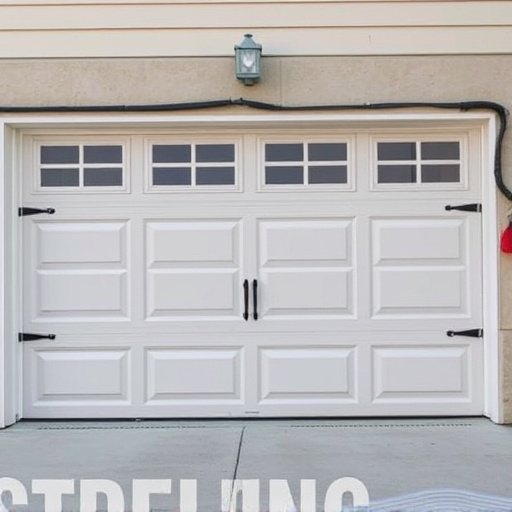
Many homeowners ignore the subtle signs their garage doors are emitting grinding or squeaking noises, only to be frustrated later by more severe issues. Regular maintenance can prevent why is my garage door making grinding noises and prolong the life of your door. Start by regularly lubricating all moving parts with a high-quality silicone lubricant; this includes hinges, springs, and tracks. Ensure these components are well-aligned and secure. Check for any worn or damaged parts, like broken or loose rollers, bent tracks, or frayed cables, which may require replacement to prevent further garage door noise diagnosis in Marana or Catalina.
Another common cause of garage door squeaking in Catalina is rusted or corroded hardware. Over time, metal components can deteriorate, leading to unusual noises and reduced performance. Regular cleaning and application of a protective coat of paint or sealant can deter rust buildup. Keep an eye on tension issues as well; loose springs can make noise and are a safety hazard. Regular adjustments or replacement, especially after seasonal changes or if you’ve noticed a drop in door performance, can solve these problems before they become more significant issues. Remember, proactive maintenance is key to avoiding costly repairs. So, don’t overlook those grinding noises—find us at Tucson’s best garage door company and get expert advice on how to quiet your door down.
If your garage door is squeaking or making grinding noises, don’t ignore it. Addressing these issues promptly can prevent further damage and costly repairs. By understanding common noise causes, such as worn-out components or misaligned tracks, you can effectively diagnose the problem using our step-by-step guide. For top-rated garage door squeak repairs, consider professional services that offer same-day assistance and guarantee their work. Regular maintenance, including regular lubrication and adjustments, is key to preventing future noises. Remember, addressing grinding sounds early on will save you time, money, and potential safety hazards related to a malfunctioning garage door.
